World countries to start talks on nuclear weapons ban
World countries are set to launch talks on a global nuclear weapons ban despite objections from major nuclear powers.
Some 123 member states of the United Nations (UN) had announced in October last year that they would launch a UN conference to negotiate a legally-binding nuclear ban treaty. The initiative is scheduled to be launched at the UN headquarters in New York on Monday.
The countries leading the effort include Austria, Ireland, Mexico, Brazil, South Africa, and Sweden.
Hundreds of NGOs have announced their support for the initiative as well. They say recent world developments, including North Korea’s standoff with the West and the unpredictability of the foreign policy of the new US administration, have raised concerns about a nuclear conflict.
Meanwhile, major nuclear powers have rejected the initiative.
Powers Britain, France, Russia, and the United States voted no to the initiative, while China, India and Pakistan abstained during deliberations last year.
The Israeli regime, too, which is the only entity in the Middle East to possess atomic bombs, has also objected to the move.
The supporters of the initiative for a global nuclear ban point to successful grassroots movements in the past that led to the prohibition of landmines in 1997 and cluster munitions in 2008. They say, however, that approving the nuclear ban would take time.
“I expect that this will take a long time,” Swedish Foreign Minister Margot Wallstrom said at the UN last week. “But it’s very important in these days when you see more of this rhetoric, and also sort of power demonstrations, including threatening to use nuclear weapons.”
No progress has been made on nuclear disarmament in recent years despite commitments made by the major nuclear powers to work toward disarmament under the 1968 Non-Proliferation Treaty (NPT), said Beatrice Fihn, the director of the International Campaign to Abolish Nuclear Weapons.
However, Fihn believes there is a “good chance” a treaty will be eventually adopted due to the successful experience from the past campaigns against cluster munitions and landmines.
Hezbollah attacks Israeli forces after Lebanese homes blown up
World leaders, states hail ICC arrest warrants for Netanyahu, Gallant
MP: US accountable for possible Israeli 'foolishness' to attack Iraq
VIDEO | Israeli policies strangle Palestinian agriculture, economy
Iran's president offers condolences to Pakistan over terrorist attack
Canada’s Yukon town council at standstill over refusing oath to King Charles
Yemen's Houthi calls for jihad to protect Palestine against Israel
VIDEO | Internal rifts within Israel


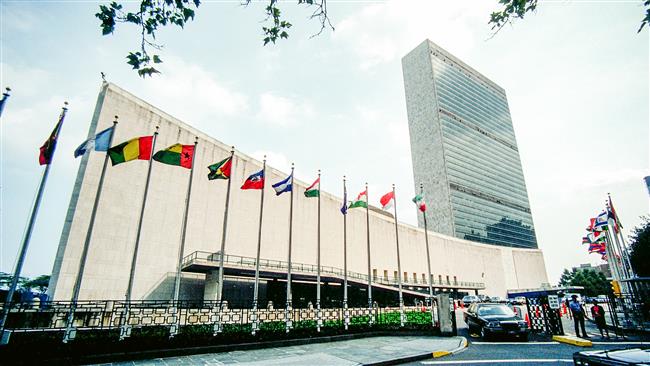
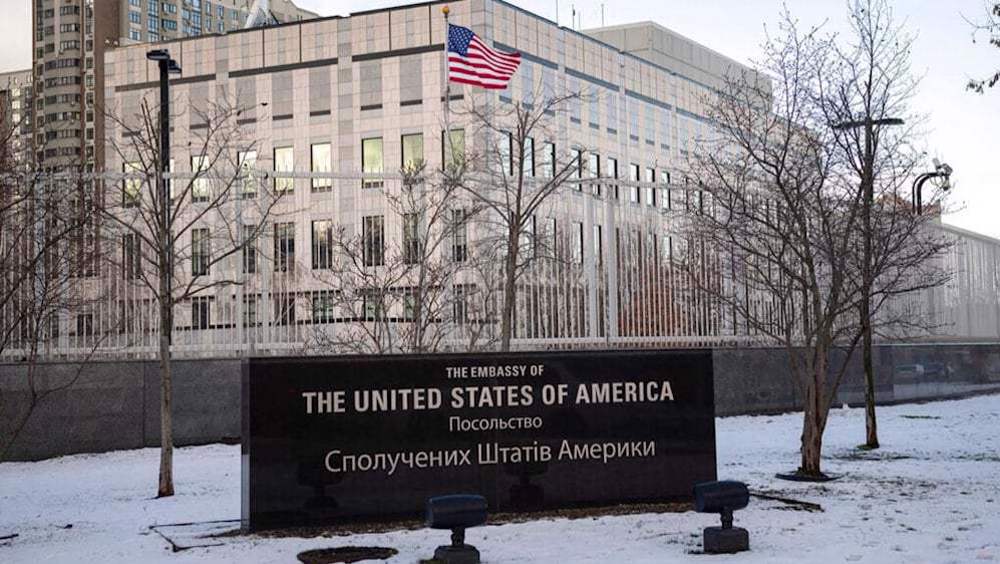
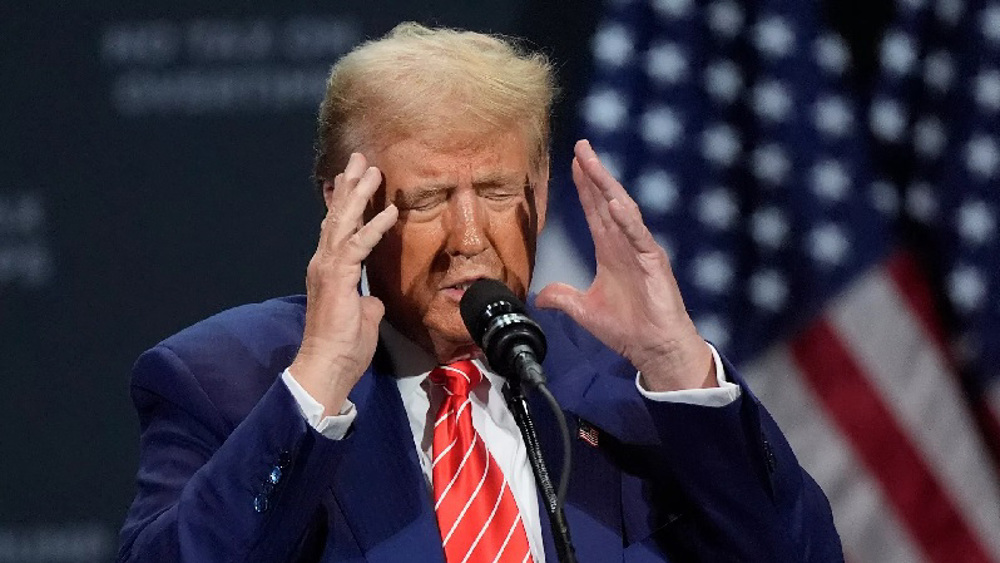




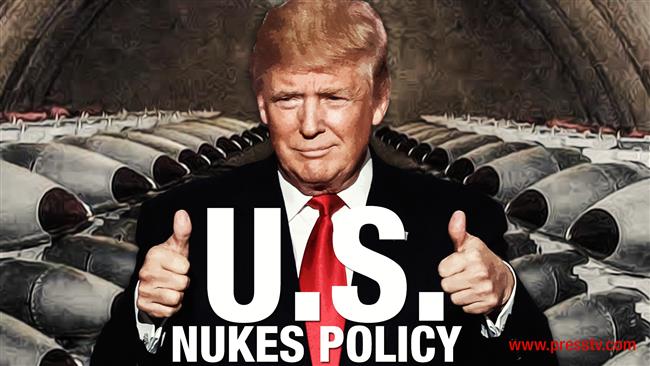
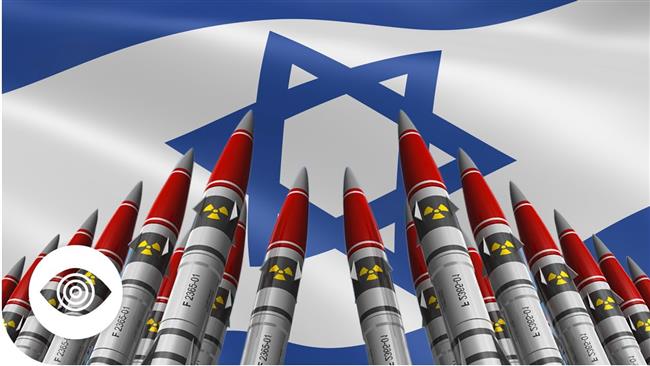
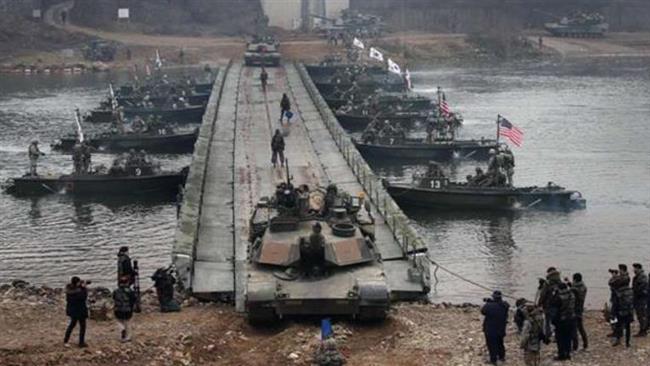
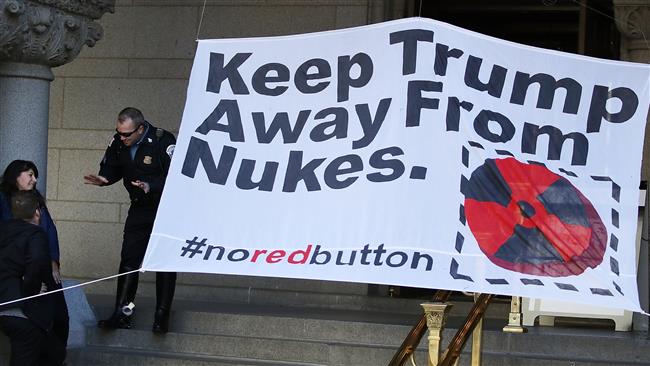
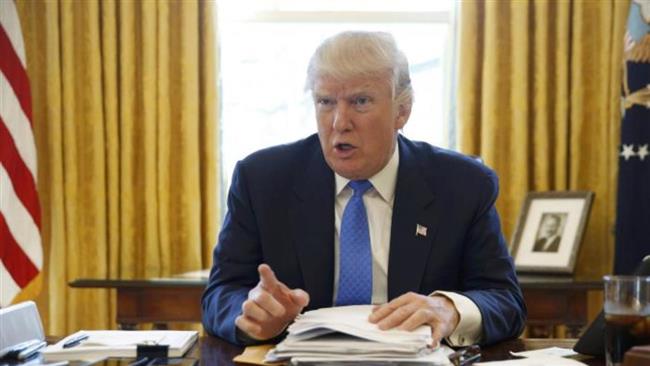

 This makes it easy to access the Press TV website
This makes it easy to access the Press TV website